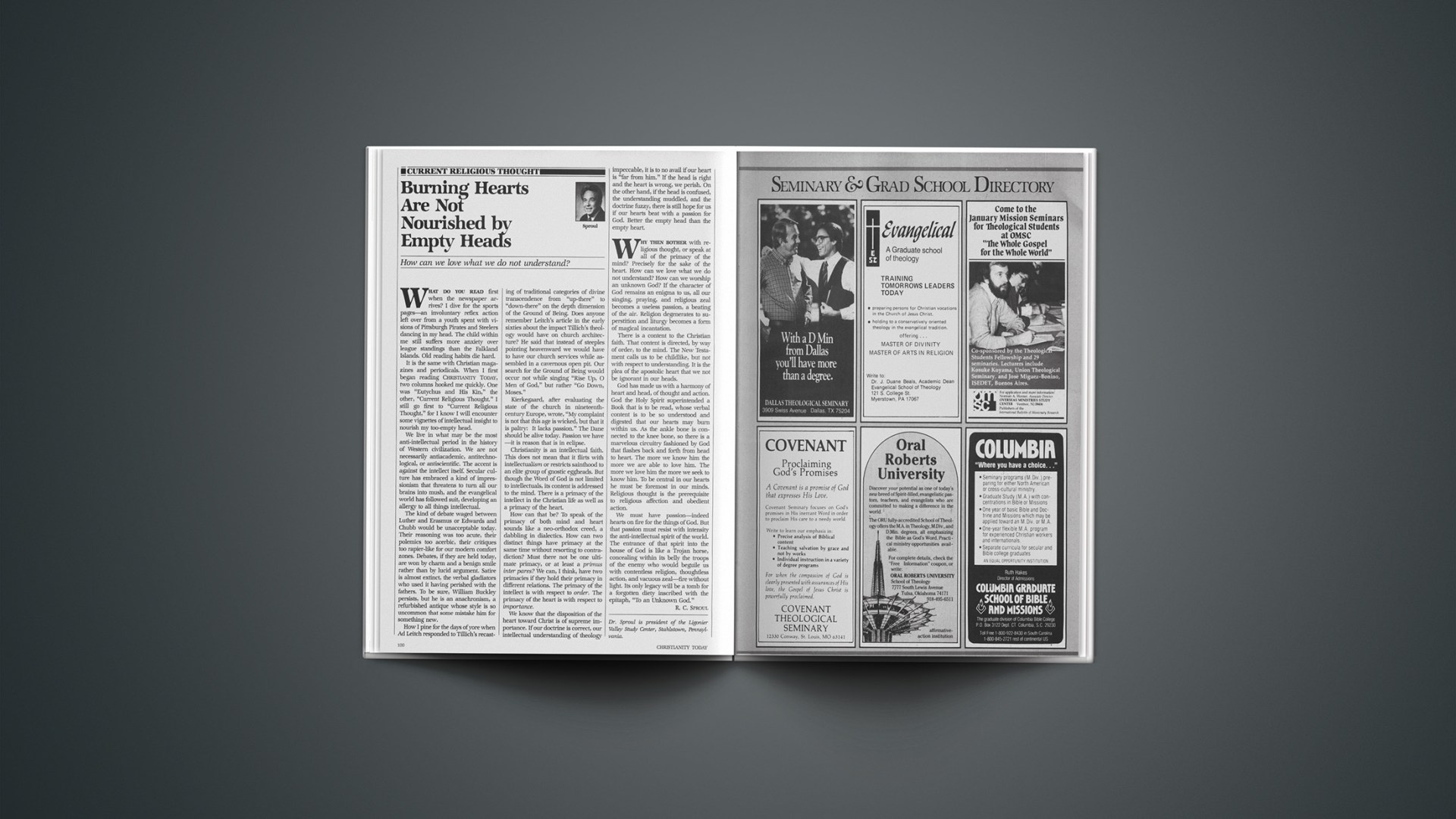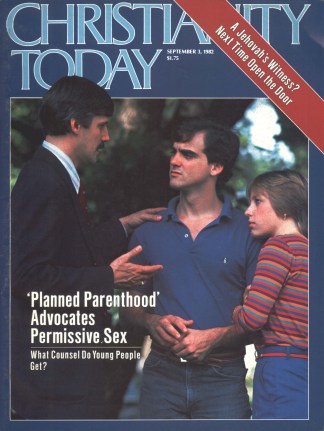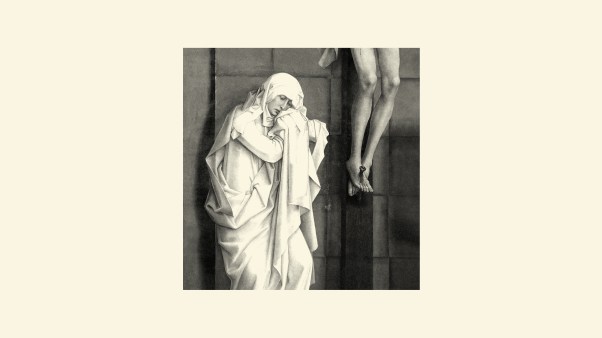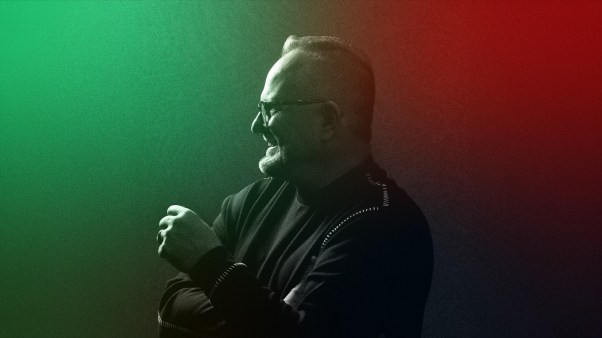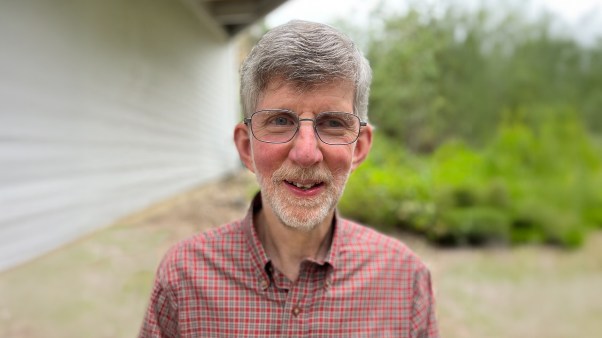How can we love what we do not understand?
What do you read first when the newspaper arrives? I dive for the sports pages—an involuntary reflex action left over from a youth spent with visions of Pittsburgh Pirates and Steelers dancing in my head. The child within me still suffers more anxiety over league standings than the Falkland Islands. Old reading habits die hard.
It is the same with Christian magazines and periodicals. When I first began reading CHRISTIANITY TODAY, two columns hooked me quickly. One was “Eutychus and His Kin,” the other, “Current Religious Thought.” I still go first to “Current Religious Thought,” for I know I will encounter some vignettes of intellectual insight to nourish my too-empty head.
We live in what may be the most anti-intellectual period in the history of Western civilization. We are not necessarily antiacademic, antitechnological, or antiscientific. The accent is against the intellect itself. Secular culture has embraced a kind of impressionism that threatens to turn all our brains into mush, and the evangelical world has followed suit, developing an allergy to all things intellectual.
The kind of debate waged between Luther and Erasmus or Edwards and Chubb would be unacceptable today. Their reasoning was too acute, their polemics too acerbic, their critiques too rapier-like for our modern comfort zones. Debates, if they are held today, are won by charm and a benign smile rather than by lucid argument. Satire is almost extinct, the verbal gladiators who used it having perished with the fathers. To be sure, William Buckley persists, but he is an anachronism, a refurbished antique whose style is so uncommon that some mistake him for something new.
How I pine for the days of yore when Ad Leitch responded to Tillich’s recasting of traditional categories of divine transcendence from “up-there” to “down-there” on the depth dimension of the Ground of Being. Does anyone remember Leitch’s article in the early sixties about the impact Tillich’s theology would have on church architecture? He said that instead of steeples pointing heavenward we would have to have our church services while assembled in a cavernous open pit. Our search for the Ground of Being would occur not while singing “Rise Up, O Men of God,” but rather “Go Down, Moses.”
Kierkegaard, after evaluating the state of the church in nineteenth-century Europe, wrote, “My complaint is not that this age is wicked, but that it is paltry: It lacks passion.” The Dane should be alive today. Passion we have—it is reason that is in eclipse.
Christianity is an intellectual faith. This does not mean that it flirts with intellectualism or restricts sainthood to an elite group of gnostic eggheads. But though the Word of God is not limited to intellectuals, its content is addressed to the mind. There is a primacy of the intellect in the Christian life as well as a primacy of the heart.
How can that be? To speak of the primacy of both mind and heart sounds like a neo-orthodox creed, a dabbling in dialectics. How can two distinct things have primacy at the same time without resorting to contradiction? Must there not be one ultimate primacy, or at least a primus inter pares? We can, I think, have two primacies if they hold their primacy in different relations. The primacy of the intellect is with respect to order. The primacy of the heart is with respect to importance.
We know that the disposition of the heart toward Christ is of supreme importance. If our doctrine is correct, our intellectual understanding of theology impeccable, it is to no avail if our heart is “far from him.” If the head is right and the heart is wrong, we perish. On the other hand, if the head is confused, the understanding muddled, and the doctrine fuzzy, there is still hope for us if our hearts beat with a passion for God. Better the empty head than the empty heart.
Why then bother with religious thought, or speak at all of the primacy of the mind? Precisely for the sake of the heart. How can we love what we do not understand? How can we worship an unknown God? If the character of God remains an enigma to us, all our singing, praying, and religious zeal becomes a useless passion, a beating of the air. Religion degenerates to superstition and liturgy becomes a form of magical incantation.
There is a content to the Christian faith. That content is directed, by way of order, to the mind. The New Testament calls us to be childlike, but not with respect to understanding. It is the plea of the apostolic heart that we not be ignorant in our heads.
God has made us with a harmony of heart and head, of thought and action. God the Holy Spirit superintended a Book that is to be read, whose verbal content is to be so understood and digested that our hearts may burn within us. As the ankle bone is connected to the knee bone, so there is a marvelous circuitry fashioned by God that flashes back and forth from head to heart. The more we know him the more we are able to love him. The more we love him the more we seek to know him. To be central in our hearts he must be foremost in our minds. Religious thought is the prerequisite to religious affection and obedient action.
We must have passion—indeed hearts on fire for the things of God. But that passion must resist with intensity the anti-intellectual spirit of the world. The entrance of that spirit into the house of God is like a Trojan horse, concealing within its belly the troops of the enemy who would beguile us with contentless religion, thoughtless action, and vacuous zeal—fire without light. Its only legacy will be a tomb for a forgotten diety inscribed with the epitaph, “To an Unknown God.”
Dr. Sproul is president of the Ligonier Valley Study Center, Stahlstown, Pennsylvania.
